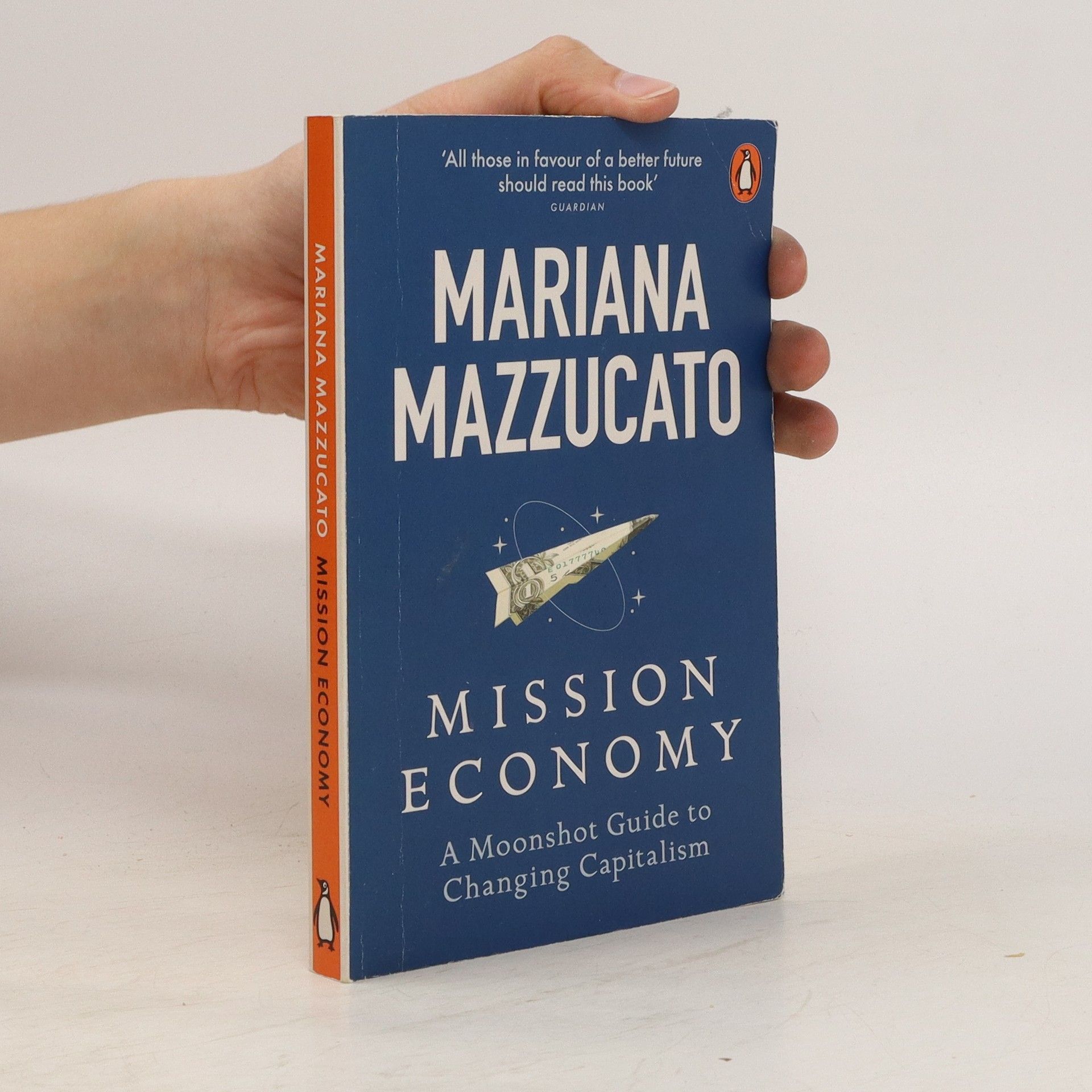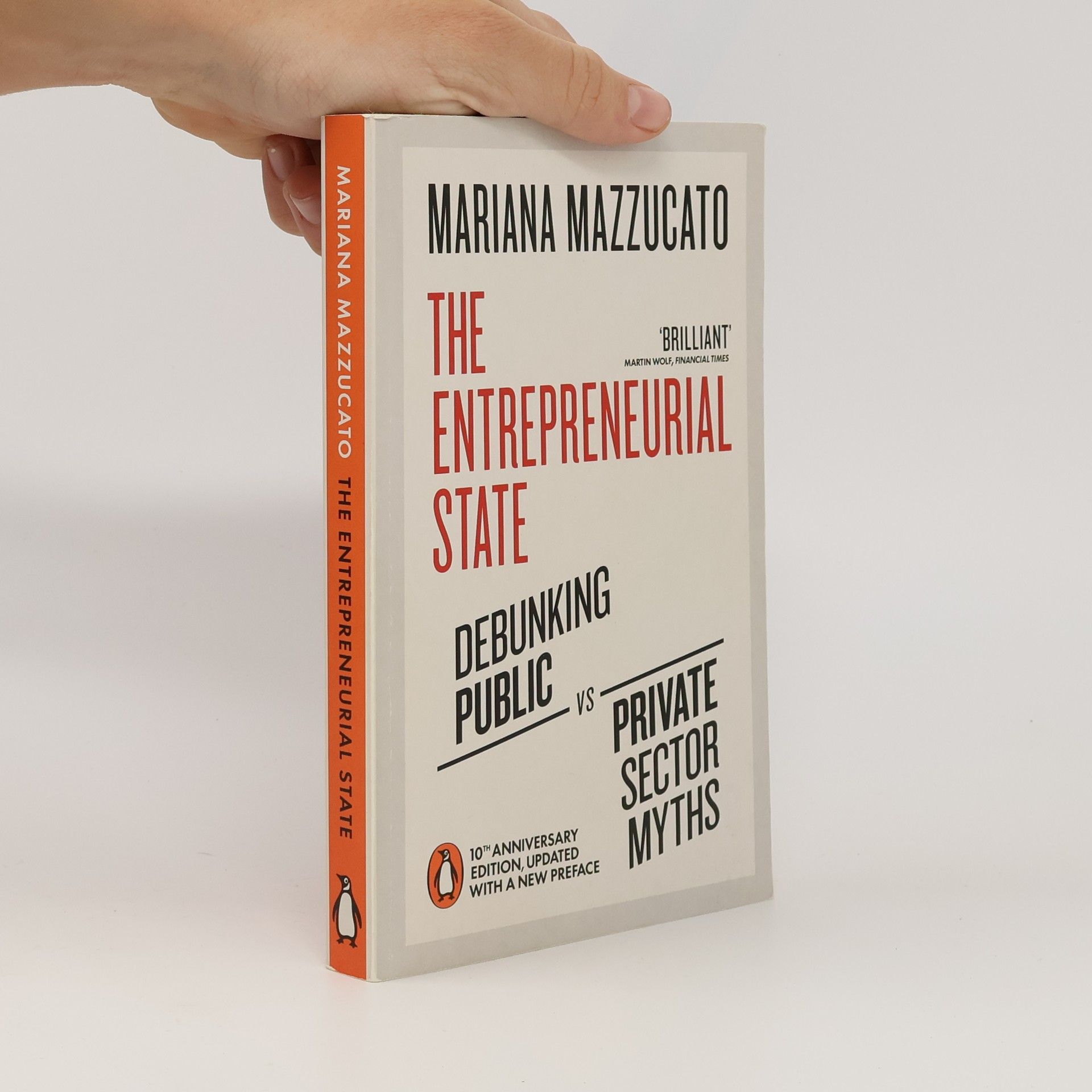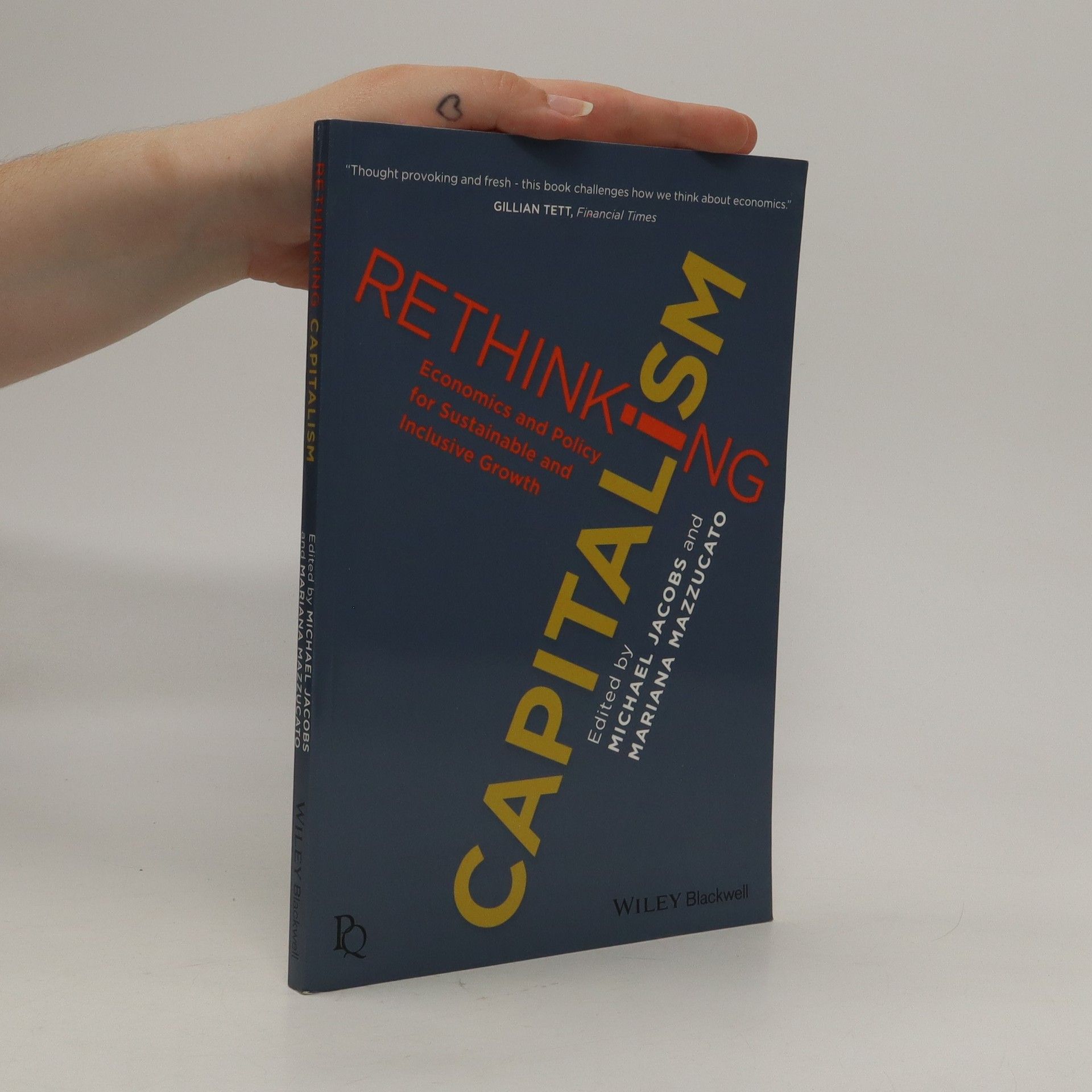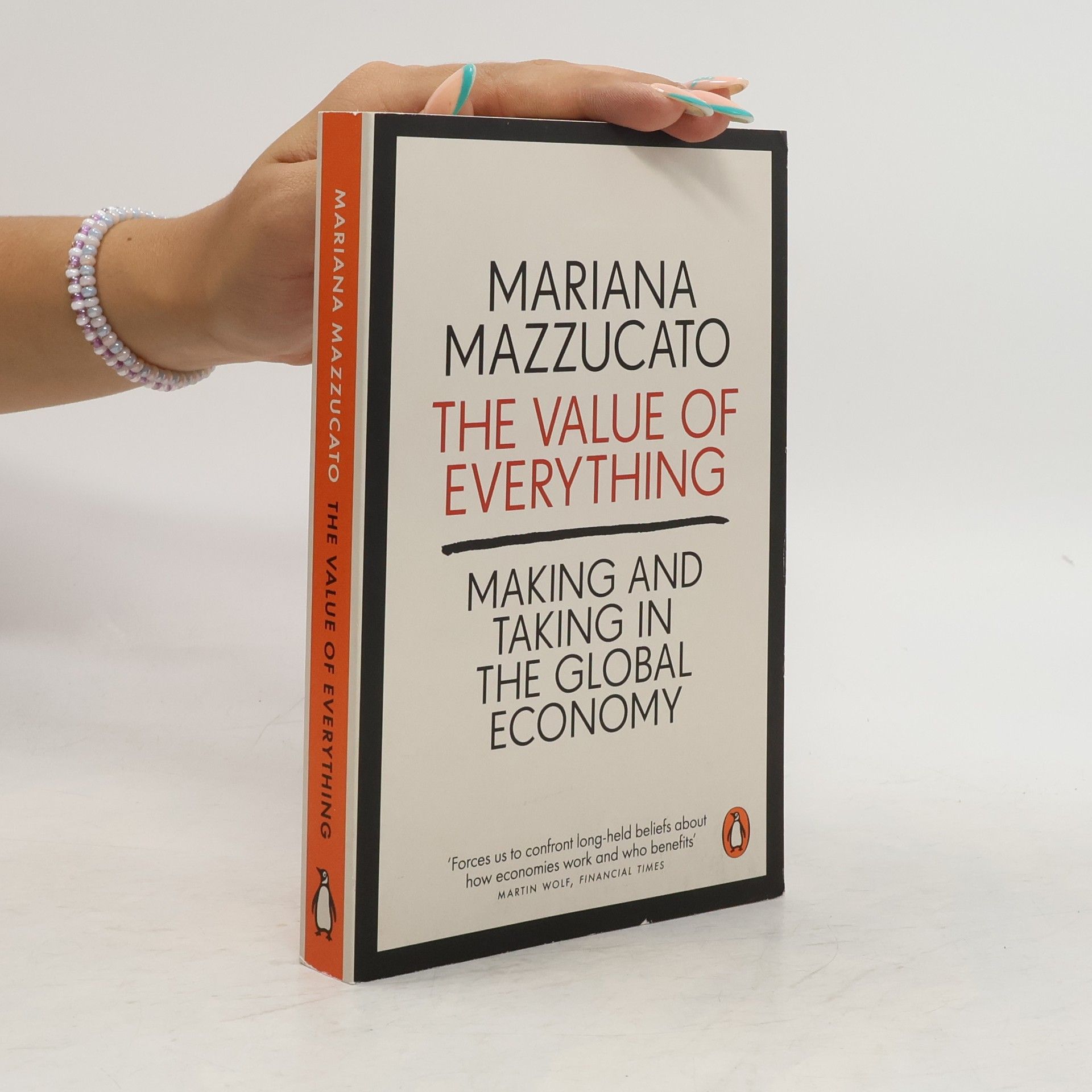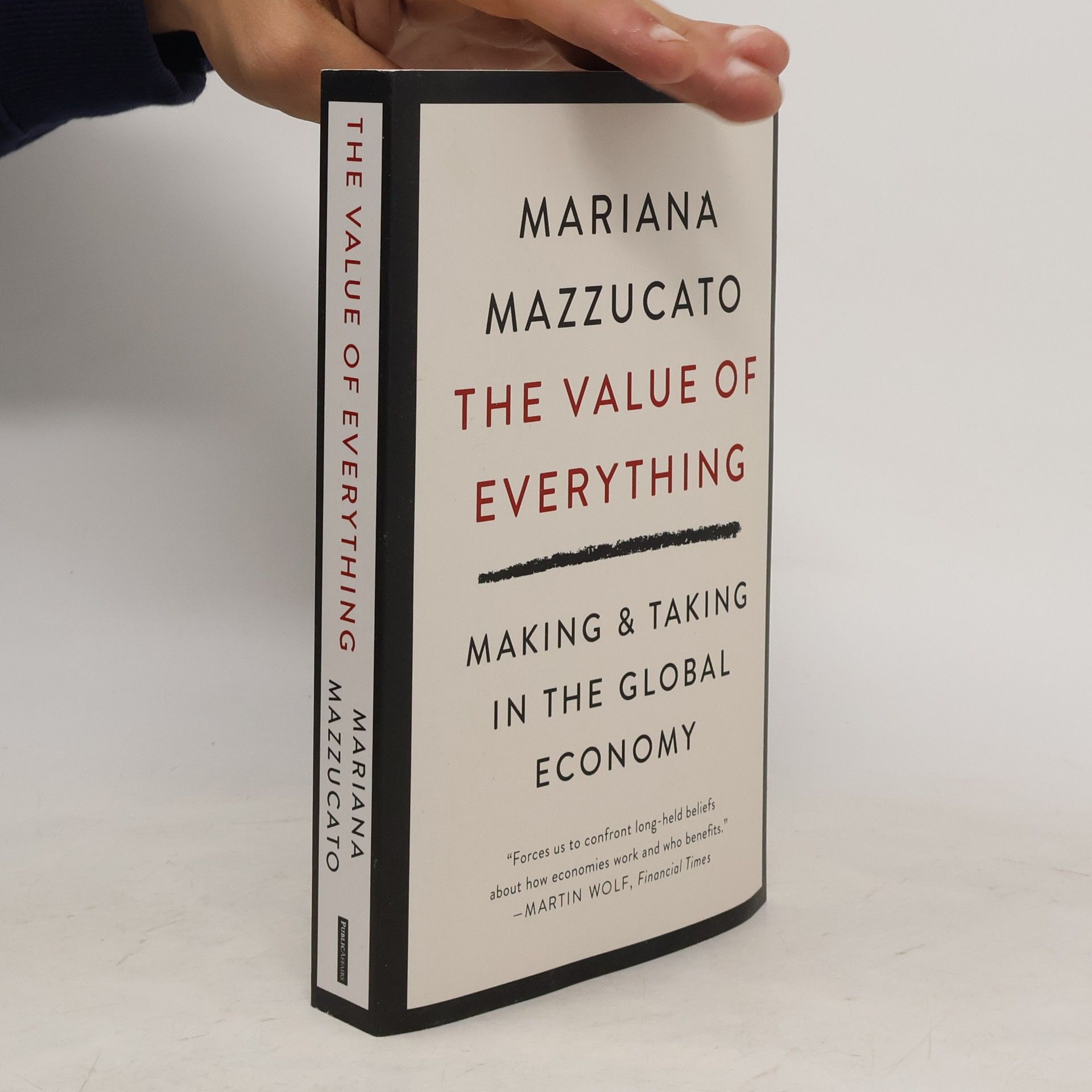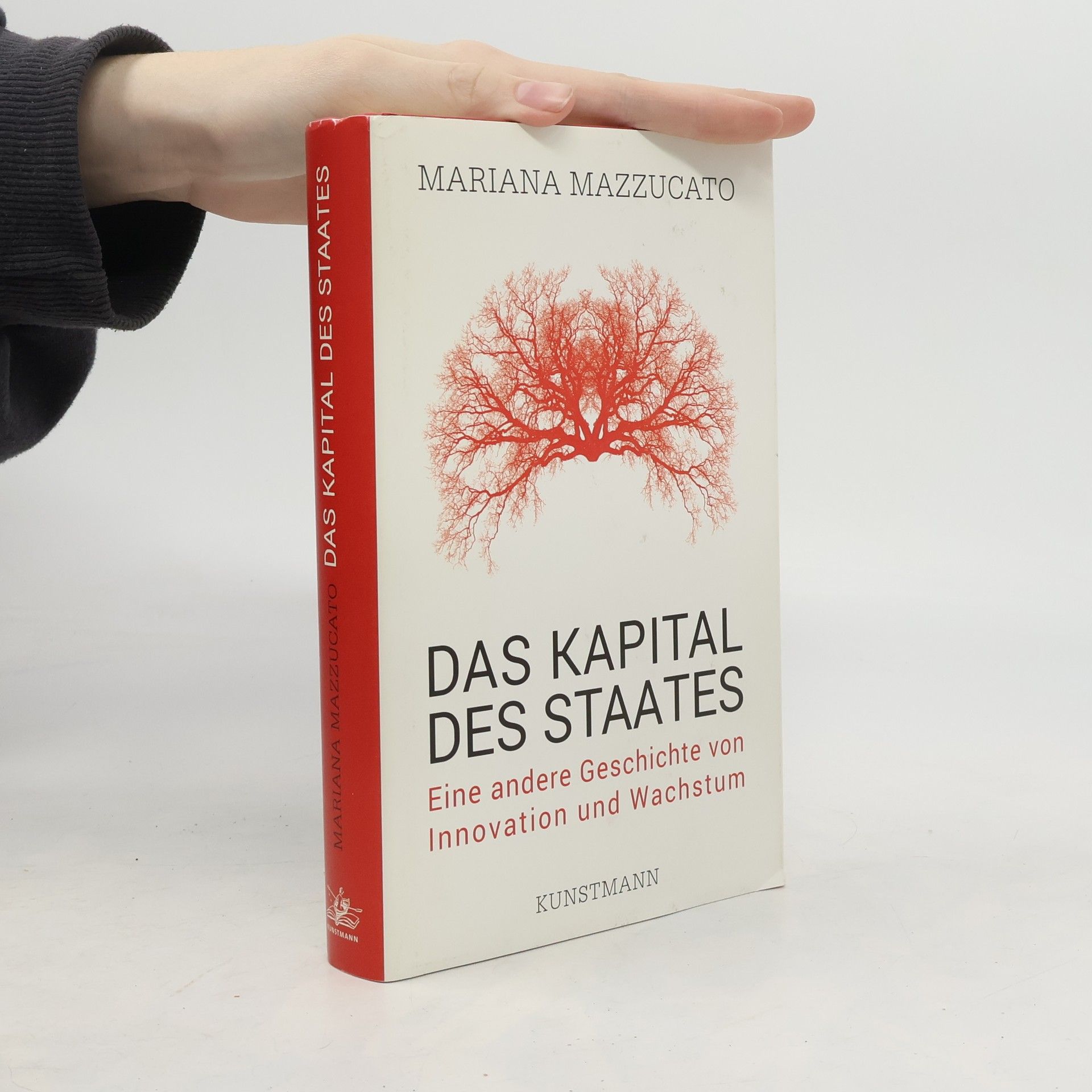The Value of Everything
- 384bladzijden
- 14 uur lezen
Modern economies reward activities that extract value rather than create it. This must change to ensure a capitalism that works for us all. Shortlisted for the FT & McKinsey Business Book of the Year Award A scathing indictment of our current global financial system, The Value of Everything rigorously scrutinizes the way in which economic value has been accounted and reveals how economic theory has failed to clearly delineate the difference between value creation and value extraction. Mariana Mazzucato argues that the increasingly blurry distinction between the two categories has allowed certain actors in the economy to portray themselves as value creators, while in reality they are just moving around existing value or, even worse, destroying it. The book uses case studies-from Silicon Valley to the financial sector to big pharma-to show how the foggy notions of value create confusion between rents and profits, reward extractors and creators, and distort the measurements of growth and GDP. In the process, innovation suffers and inequality rises. The lesson here is urgent and sobering: to rescue our economy from the next inevitable crisis and to foster long-term economic growth, we will need to rethink capitalism, rethink the role of public policy and the importance of the public sector, and redefine how we measure value in our society.
